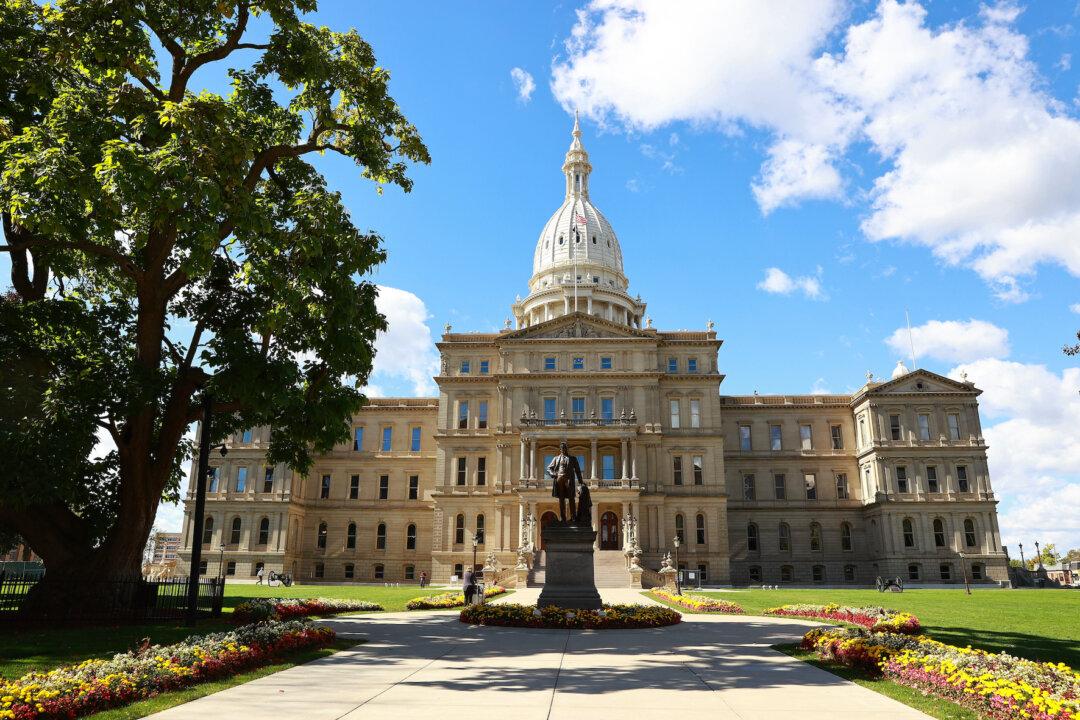After special elections on Tuesday, April 16, Michigan Democrats have officially regained control of the state House of Representatives. The winning of two open seats by Democrats potentially ends months of legislative gridlock. The seats were previously vacated, leading to an even split in the chamber among the parties.
Democrats once again officially control the entire Michigan state government. Mai Xiong was victorious in the 13th District, covering Warren and part of Detroit, while Peter Herzberg triumphed in the 25th District, encompassing Wayne and Westland.





